Iran: Politicization of Syria’s chemical-weapons file harms OPCW credibility
Iran’s deputy permanent representative to the UN has decried the politicization of the Syrian chemical-weapons file by certain countries, stressing that the move will endanger the credibility and authority of the Organization for the Prohibition of Chemical Weapons (OPCW), the global chemical watchdog.
Zahra Ershadi made the remarks in an address to the UN Security Council session titled “The situation in the Middle East: (Syria – Chemical)” on Friday, during which she strongly condemned the use of chemical weapons anywhere, by anyone, and under any circumstances.
Ershadi stressed the implementation of the Chemical Weapons Convention (CWC) and said the treaty aims to protect humanity from the devastating repercussions and scourge of the use of chemical weapons.
“We reiterate our call for the full, effective, non-political, and non-discriminatory implementation of the CWC, and preserving the OPCW's authority as well. We believe that politicizing the implementation of the Convention and exploiting the OPCW for politically motivated agendas endangers the Convention's credibility and also the Organization's authority,” the Iranian envoy to the UN said.
“We also emphasize that any investigation into the use of chemical weapons must be impartial, professional, credible, and objective in order to establish the facts and reach evidence-based conclusions, and in doing so it must strictly adhere to the provisions and procedures within the framework of the Convention; no deviation from the Convention shall be permitted,” she added.
Underlining Syria’s strenuous efforts to meet its CWC obligations, she said the country has shown its willingness to collaborate with the OPCW.
“However, it is disappointing that certain States Parties have politicized the Syrian chemical weapons file, preventing the OPCW from confirming Syria's compliance with its obligations, which could have resulted in constructive dialogue and cooperation with Syria,” Ershadi said.
“We recognize the critical importance of the Syrian government's efforts to fulfill its obligations under the Convention,” she further added.
Ershadi also expressed Iran’s support for the approach taken by OPCW and Syria to hold a high-level dialogue and hoped that the initiative would yield positive results.
OPCW, CWC ‘politically biased’
Ershadi's remarks came after the US accused Syria of flouting the CWC and obstructing the OPCW’s inspectors on Friday, which marked the 25th anniversary of the implementation of the landmark treaty.
Responding to the US accusations, Syrian ambassador Bassam Sabbagh said the inspectors had been denied access because of a “lack of objectivity and professionalism.”
Sabbagh also accused the OPCW and the CWC of political bias.
Russian Ambassador Vasily Nebenzya said the convention had become a “punitive” instrument wielded in the interests of a “narrow group of countries” against Syria.
“At its 25th anniversary, the OPCW has very serious systemic problems and a tarnished reputation,” Nebenzya noted. “Russia unconditionally supports the CWC and is committed to its letter and spirit. What gives rise to question to us is how its provisions are being implemented by the OPCW.”
Moscow and Damascus have on many occasions said members of the so-called White Helmets civil defense group stage gas attacks in a bid to falsely incriminate Syrian government forces and fabricate pretexts for military strikes by the US-led military coalition.
The group, which claims to be a humanitarian NGO, has long been accused of collaborating with anti-Damascus militants.
On April 14, 2018, the US, Britain, and France carried out a string of airstrikes against Syria over a suspected chemical weapons attack on the city of Douma, located about 10 kilometres northeast of the capital Damascus.
Washington and its allies blamed Damascus for the Douma attack, a charge the Syrian government rejected.
According to concealed OPCW documents that were revealed later, the investigators of the Douma incident had found “no evidence” of a chemical weapons attack.
However, the organization censored the findings under pressure from the US and its allies to conceal evidence undermining the pretext of the ensuing US-led bombing of Syria.
Syria surrendered its stockpile of chemical weapons in 2014 to a joint mission led by the United States and the OPCW, which oversaw the destruction of the weaponry.
The Arab country has consistently denied the use of chemical weapons despite Western rhetoric.
Azerbaijan president meets top Israeli lobby group leadership during visit to US
Israeli settlers kill 19-year-old Palestinian man in West Bank raid
Israel installed, managed security system at Barak-Epstein New York flat: Report
Iran deplores Israel’s new land grab scheme in West Bank
VIDEO | Vienna holds conference dubbed 'Iranian-Islamic Civilization, Identity and Historical Splendor'
VIDEO | Press TV's news headlines
Journalist Tucker Carlson says he was detained in occupied territories after interview with US amb.
VIDEO | Is there any hope for Russia-Germany relations?


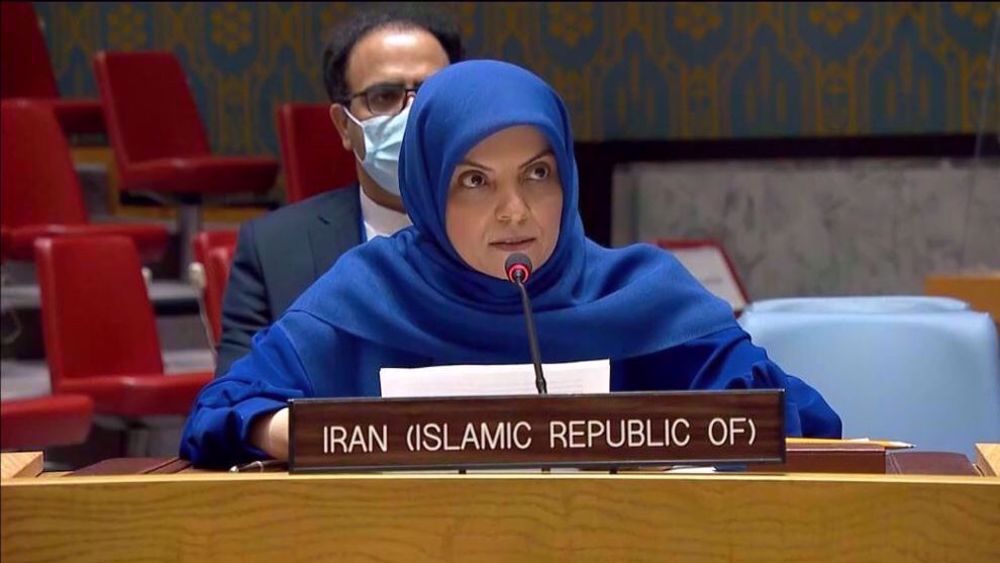
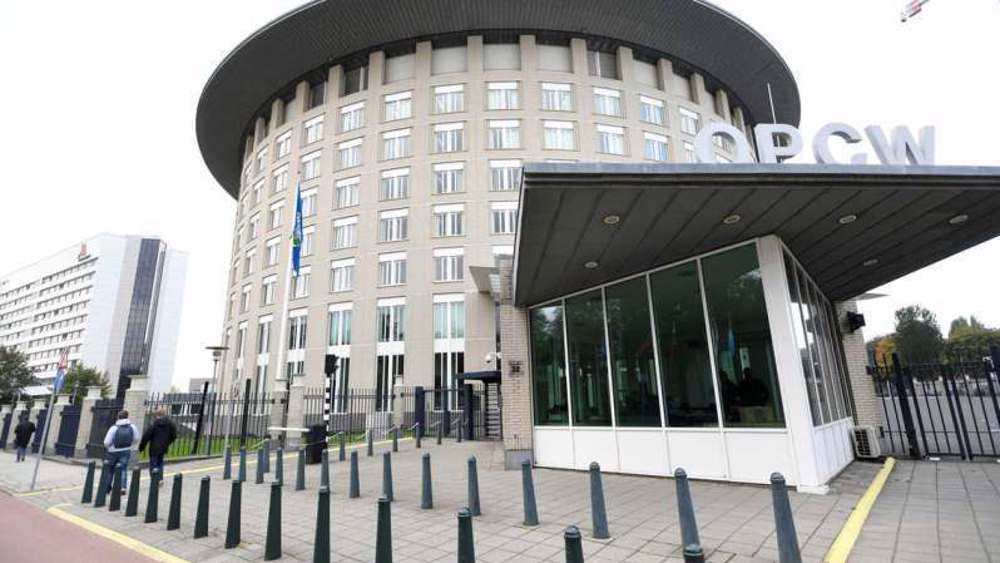
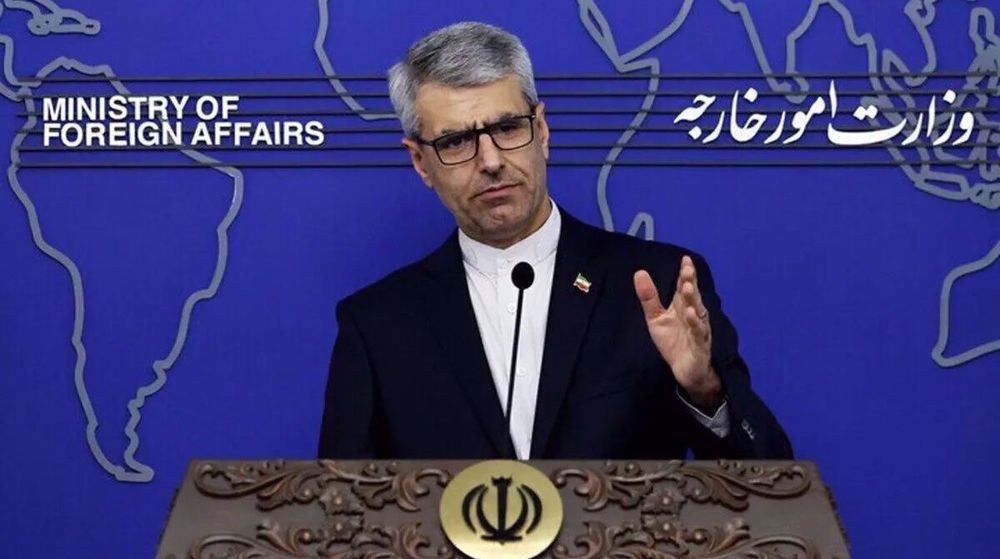
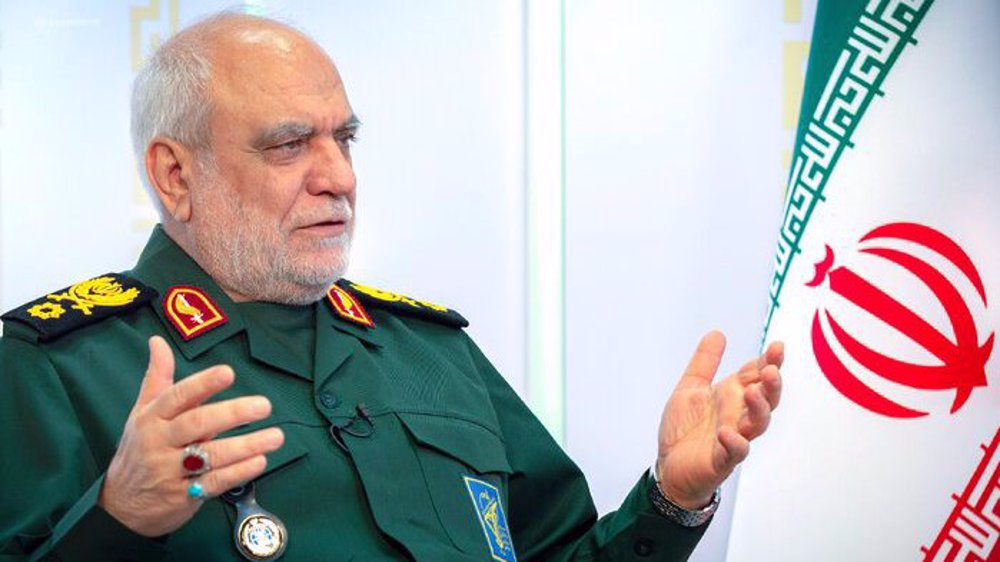
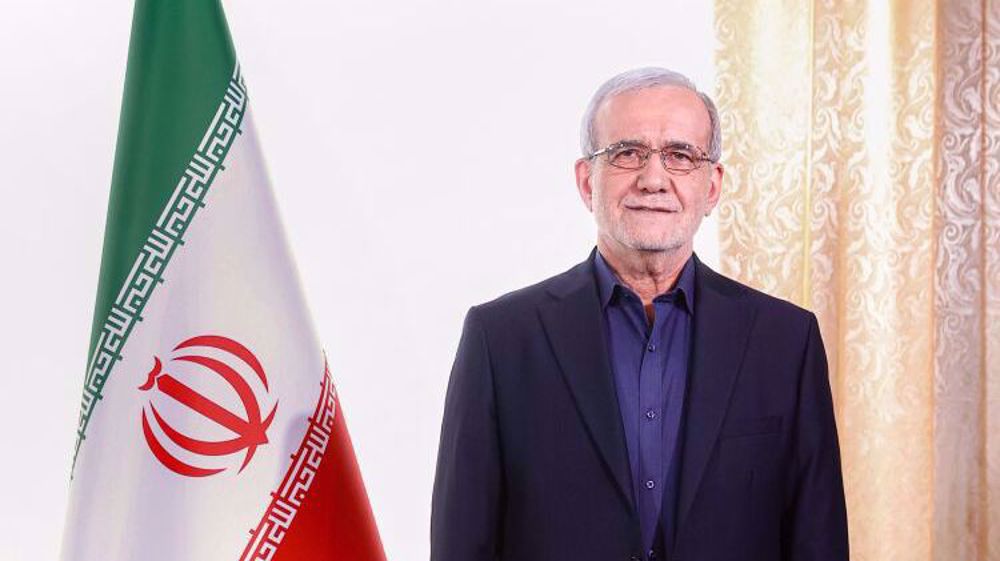



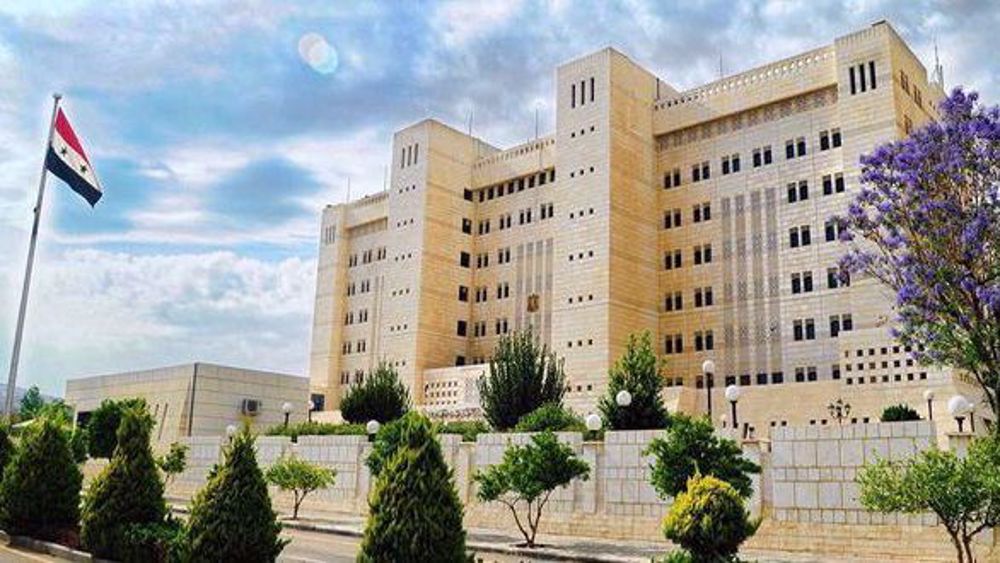
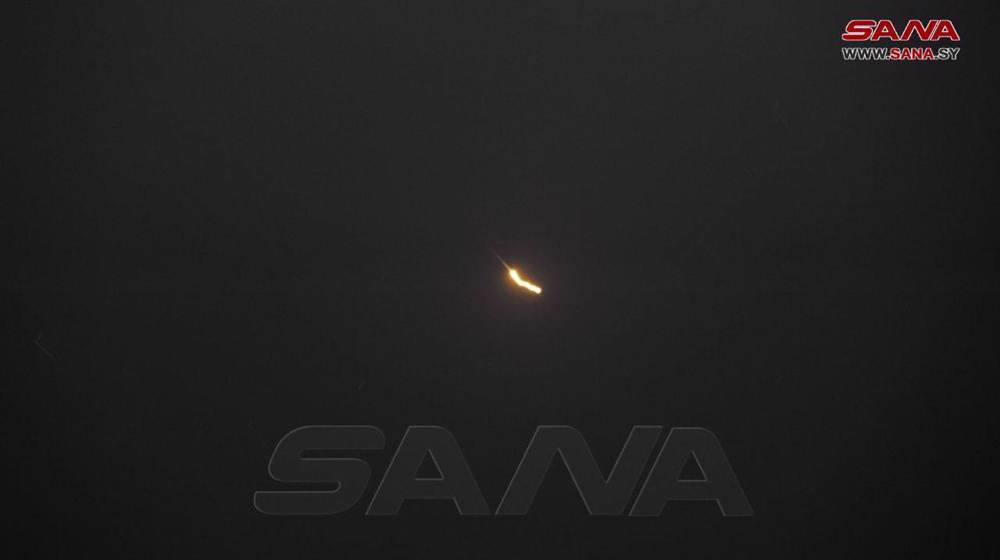
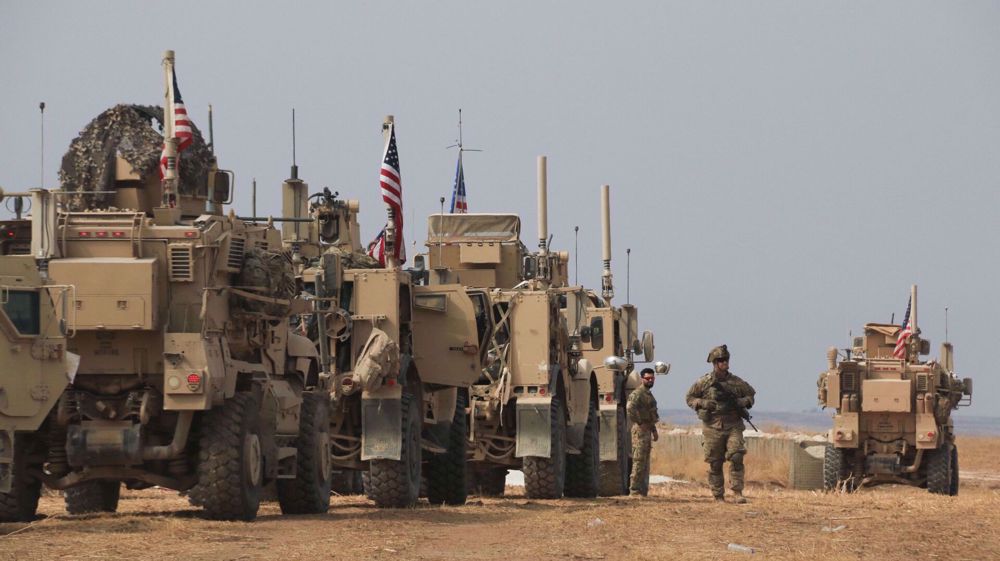
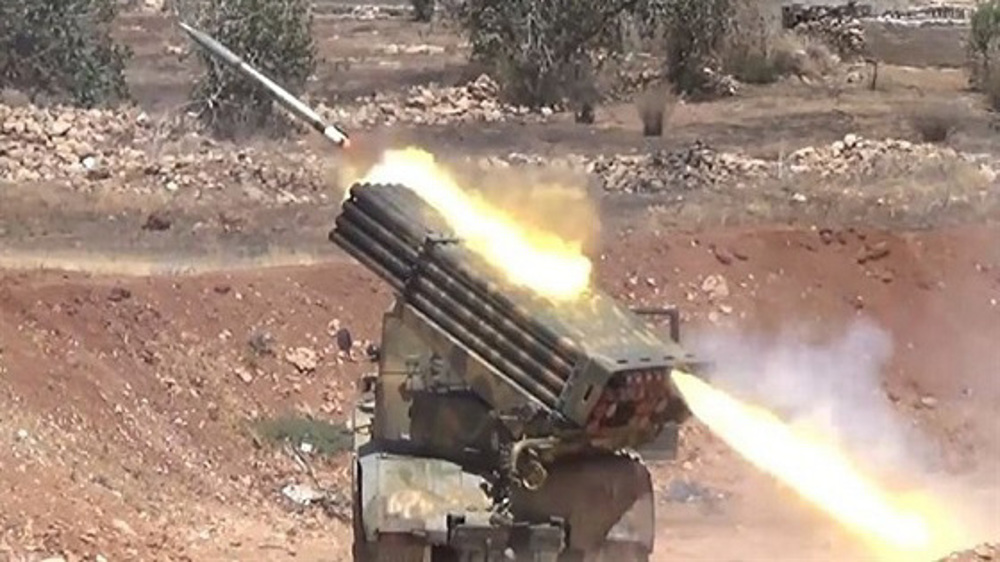
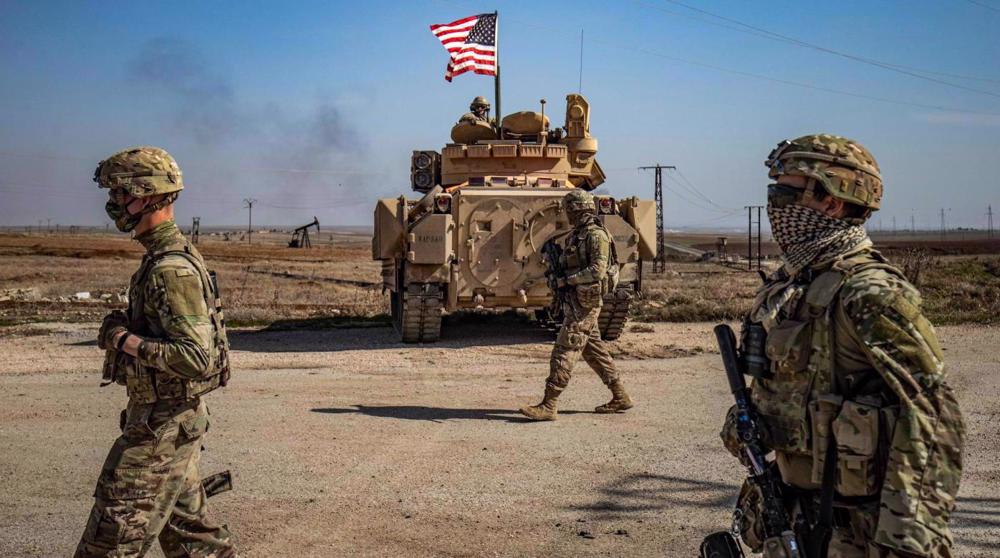

 This makes it easy to access the Press TV website
This makes it easy to access the Press TV website